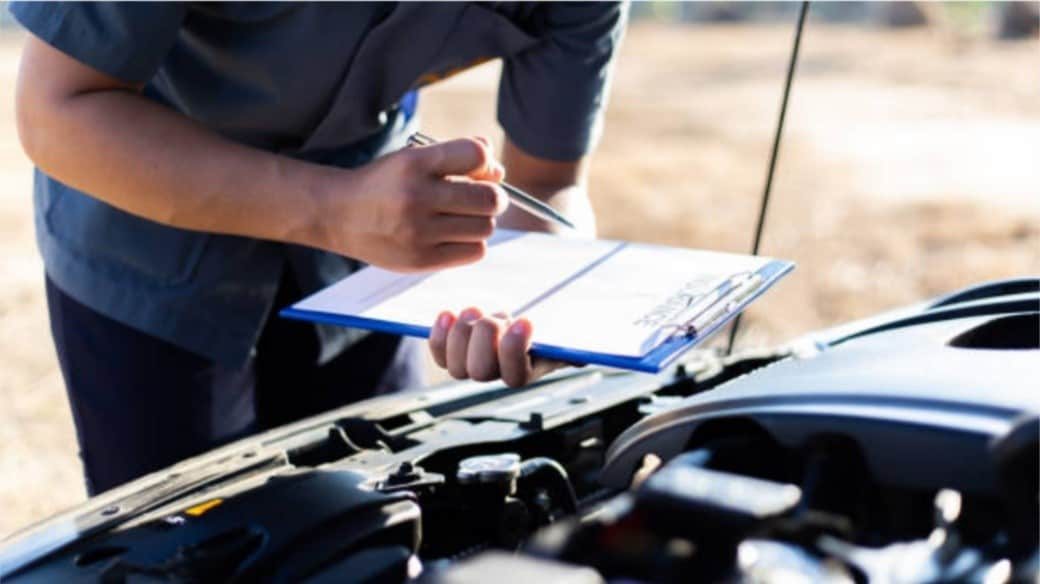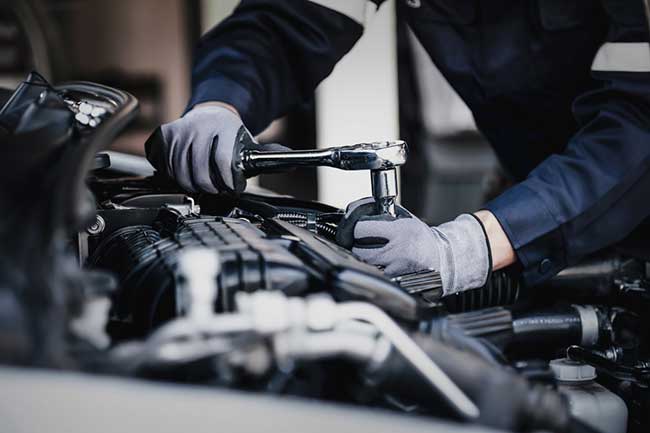All Categories
Featured
A vehicle getting too hot can be a difficult situation, especially if it occurs all of a sudden. High engine temperatures can cause serious damages if not resolved without delay. Understanding what to do when your automobile overheats and recognizing exactly how to stop it can conserve you from expensive repairs and ensure your safety on the roadway.
![]()
What to Do If Your Cars and truck Overheats. Pull Over Securely. As quickly as you notice indications of overheating-- such as vapor rising from the hood, a spiking temperature scale, or alerting lights-- draw over to a risk-free location. Turn off the engine promptly to stop additional damage.
Shut Off the a/c and Turn On the Heater. If you're unable to draw over immediately, switch off the air conditioning to decrease engine load and activate the heating unit. This redirects warmth far from the engine and right into the cabin, which can assist lower the engine temperature momentarily.
Open Up the Hood (with Care) Await the engine to cool off prior to opening the hood. Opening it ahead of time can reveal you to hot steam or hot fluids. Once it's secure, inspect the engine for obvious indicators of problem, such as dripping coolant or a busted radiator hose pipe.
Check the Coolant Levels. If you have coolant or water in your vehicle, add it to the tank or radiator once the engine has cooled off. Avoid including cold water to a warm radiator, as it can cause splitting.
![]()
Require Support. If you're incapable to identify or solve the problem, call a tow vehicle or roadside help. Driving with an overheated engine can lead to substantial damage, such as a blown head gasket or distorted engine parts.
Just How to stop Your Cars And Truck from Overheating. Inspect Coolant Levels Consistently. Guarantee your lorry constantly has the appropriate quantity of coolant. Reduced coolant levels are one of the most typical sources of overheating. Consistently evaluate the coolant reservoir and leading it off if needed.
Evaluate Radiator and Tubes. Look for cracks, leaks, or loose connections in the radiator and tubes. Replace any damaged parts quickly to stop coolant leakages.
Maintain Your Cooling System. Flush and replenish the air conditioning system as advised in your automobile's owner handbook. Over time, old coolant can shed its effectiveness and fail to safeguard the engine from overheating.
Monitor the Thermostat and Water Pump. A malfunctioning thermostat or water pump can disrupt the cooling system's feature. Have these components examined during routine upkeep to catch problems early.
Prevent Overwhelming Your Lorry. Excessive weight places extra stress on the engine and cooling system. Keep your tons within the producer's suggested restrictions.
Watch the Temperature Scale. Focus on your temperature scale, particularly throughout hot climate or when increasing high slopes. If the scale begins to climb up, take precautions such as lowering speed or turning off the air conditioning.
Verdict. Acting promptly and safely can avoid further damages to your engine. With proper care, you can maintain your engine running efficiently and prevent the trouble of an overheated lorry.

What to Do If Your Cars and truck Overheats. Pull Over Securely. As quickly as you notice indications of overheating-- such as vapor rising from the hood, a spiking temperature scale, or alerting lights-- draw over to a risk-free location. Turn off the engine promptly to stop additional damage.
Shut Off the a/c and Turn On the Heater. If you're unable to draw over immediately, switch off the air conditioning to decrease engine load and activate the heating unit. This redirects warmth far from the engine and right into the cabin, which can assist lower the engine temperature momentarily.
Open Up the Hood (with Care) Await the engine to cool off prior to opening the hood. Opening it ahead of time can reveal you to hot steam or hot fluids. Once it's secure, inspect the engine for obvious indicators of problem, such as dripping coolant or a busted radiator hose pipe.
Check the Coolant Levels. If you have coolant or water in your vehicle, add it to the tank or radiator once the engine has cooled off. Avoid including cold water to a warm radiator, as it can cause splitting.

Require Support. If you're incapable to identify or solve the problem, call a tow vehicle or roadside help. Driving with an overheated engine can lead to substantial damage, such as a blown head gasket or distorted engine parts.
Just How to stop Your Cars And Truck from Overheating. Inspect Coolant Levels Consistently. Guarantee your lorry constantly has the appropriate quantity of coolant. Reduced coolant levels are one of the most typical sources of overheating. Consistently evaluate the coolant reservoir and leading it off if needed.
Evaluate Radiator and Tubes. Look for cracks, leaks, or loose connections in the radiator and tubes. Replace any damaged parts quickly to stop coolant leakages.
Maintain Your Cooling System. Flush and replenish the air conditioning system as advised in your automobile's owner handbook. Over time, old coolant can shed its effectiveness and fail to safeguard the engine from overheating.
Monitor the Thermostat and Water Pump. A malfunctioning thermostat or water pump can disrupt the cooling system's feature. Have these components examined during routine upkeep to catch problems early.
Prevent Overwhelming Your Lorry. Excessive weight places extra stress on the engine and cooling system. Keep your tons within the producer's suggested restrictions.
Watch the Temperature Scale. Focus on your temperature scale, particularly throughout hot climate or when increasing high slopes. If the scale begins to climb up, take precautions such as lowering speed or turning off the air conditioning.
Verdict. Acting promptly and safely can avoid further damages to your engine. With proper care, you can maintain your engine running efficiently and prevent the trouble of an overheated lorry.
Latest Posts
Discover the Premier Auto Repair Discounts in Montclare, Chicago
Published en
1 min read
Smooth Light Weight Aluminum Rain Gutters: The Smart Selection for Your Home
Published en
1 min read
Identifying When Your Car Needs Skilled Auto Repair at Montclare Auto Repair
Published en
1 min read
More
Latest Posts
Discover the Premier Auto Repair Discounts in Montclare, Chicago
Published May 26, 25
1 min read
Smooth Light Weight Aluminum Rain Gutters: The Smart Selection for Your Home
Published May 23, 25
1 min read
Identifying When Your Car Needs Skilled Auto Repair at Montclare Auto Repair
Published May 23, 25
1 min read